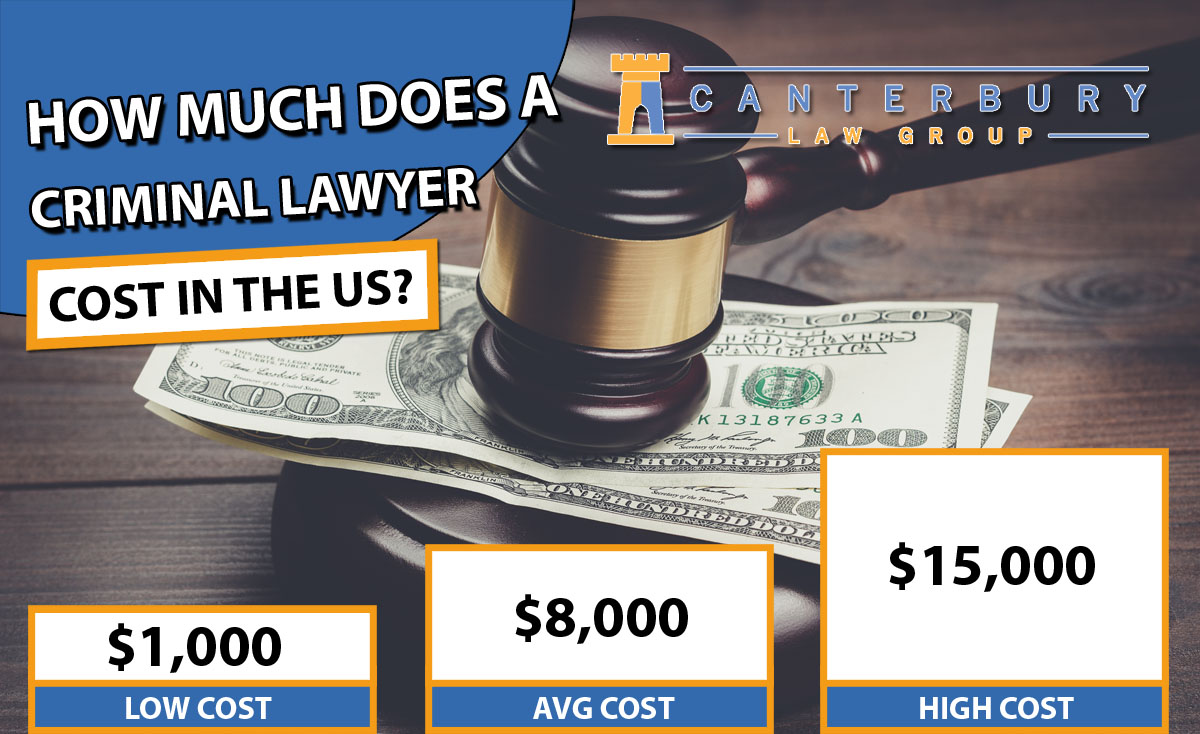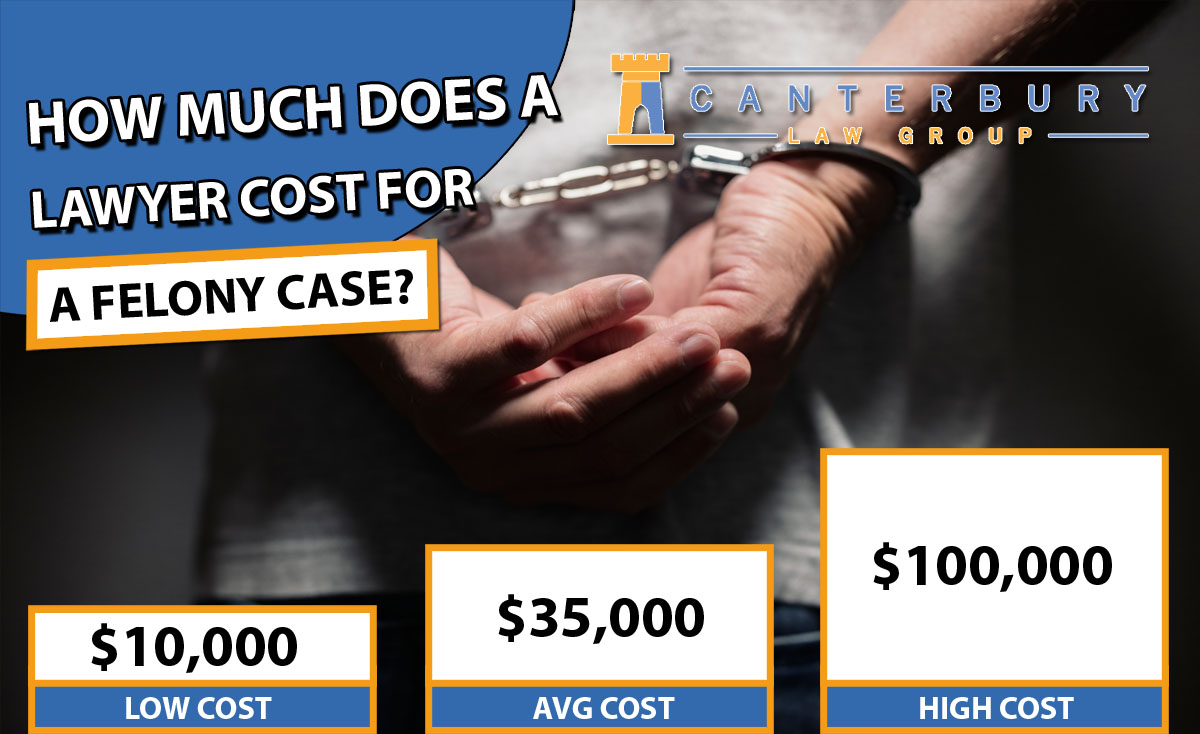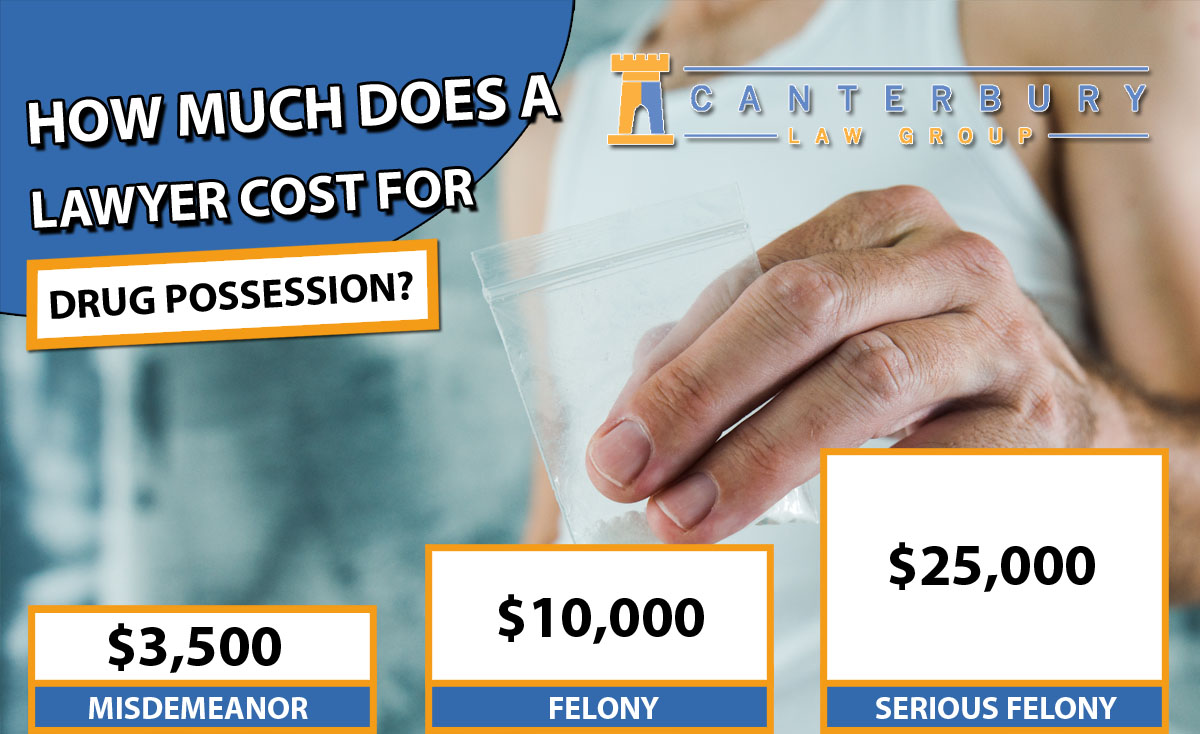Read on to discover the many types of killings that are typically categorized as second-degree murder, along with examples of each form of killing.
Without Premeditation Intentional Murders
These kind of murders require no strategy on the side of the perpetrator. At the time of the murder, the killer intended to kill the victim, whereas before to the murder, the perpetrator had no intention to commit murder.
For instance, Adam and Bill are neighbors, and they’ve been arguing about the fence separating their houses recently. Adam pays Bill a visit to discuss the issue, and while there, he suddenly grabs the shotgun hanging above the fireplace and fatally shoots Bill.
Adam did not intend to murder Bill when he went to Bill’s residence on that day, so there was no premeditation. Adam had every intention of murdering Bill at the time he squeezed the trigger. Prosecutors would likely prosecute him with second-degree murder under these conditions.
If, on the other hand, Adam murders Bill during a sudden argument that was provoked, he would likely be charged with manslaughter. The premise is that if Adam is motivated by “hot of passion,” the moral responsibility is less.
Intent to Inflict Only Serious Physical Harm
The second circumstance for second-degree murder is when the criminal wants to cause merely substantial bodily damage but is aware that death may ensue from the conduct. Adam grabs a shovel and whacks Bill in the head with all of his power instead of shooting him in the situation described above. Adam did not plan to murder Bill when he struck him with the shovel, but he was aware that a blow to the head carried a high risk of death. Adam’s killing of Bill in this manner would be categorized as second-degree murder.
Extreme Callousness Towards Human Life
The third major type of second-degree murder happens when a victim dies due to the perpetrator’s excessive disregard for human life. Extreme indifference typically entails a complete disregard for the chance that an action would harm someone.
Consider, returning to Adam and Bill, that instead of bashing Bill over the head with a shovel, Adam pulls a rifle and fires wildly at a throng of neighbors who have gathered to watch Adam and Bill argue. Adam didn’t necessarily intend to kill anyone, but he also didn’t consider the harm he could inflict to those in the crowd. This is evidence of Adam’s terrible disregard for human life. If one of Adam’s bullets impacted and killed a member of the crowd, Adam has likely committed second-degree murder.
Felony Murder
Some states additionally consider homicides that occur during the commission of another felony as second-degree murders, although other states classify such homicides as first-degree murders. It is also crucial to know that a person might be convicted of felony murder even if they did not kill somebody themselves.
For instance, if Adam and Bill enter a convenience store with the intention of robbing it at gunpoint (which is a felony), and Adam ends up shooting the store owner, a jury could find Bill (who did not shoot anyone) guilty of murder on the grounds that he was involved in the original felony when the killing occurred.
Murders are the most severe homicides because they carry the harshest penalties. Other types of homicide have diminished levels of intent. These include manslaughter, reckless homicide, negligent homicide, and vehicular homicide. Rarely, a homicide is deemed legally justifiable for self-defense or other reasons and is not prosecuted as a crime.
Families who have lost a loved one may pursue monetary compensation outside of the criminal court system. This takes place in civil court with a wrongful death claim.
This article examines homicide kinds, when a homicide is regarded legally justifiable, and when civil liability for wrongful death may be incurred.
- Murder
- Manslaughter
- Legal Homicide
- Illustrations of Homicide
- Related Claim: Unjustified Death
Murder
Murder is the most serious criminal homicide charge. State statutes typically classify different degrees of wrongfulness for murder. The standard definition of first-degree murder is a killing that is both intentional and premeditated.
The requirement for premeditation does not require proof of sophisticated or extensive planning. Courts have determined that premeditation may have occurred after only a few seconds of deliberation and thought.
Similarly, the requirement of intent can be flexible. In order to convict a defendant of first-degree murder, a jury need not determine that the accused intended to cause death. In lieu of this, the prosecution may demonstrate that the defendant intended to cause serious bodily injury or death while attempting to commit another felony.
Additionally, intent need not be directed at a particular individual. If someone planned to kill one person, but unintentionally killed someone else, the murder was still purposeful and premeditated. A killer who brings a poisoned lunch to his victim, only for it to be consumed by someone else, could still be convicted on a first-degree murder conviction.
Depending on the state’s laws, the defendant may be prosecuted with second-degree murder or voluntary manslaughter in the absence of premeditation.
Manslaughter
Manslaughter is classified as either voluntary or involuntary. The main distinction between manslaughter and murder is the killer’s mental state, or mens rea. Some states characterize this state of mind as “under the impact of intense emotional discomfort” resulting from provocation. The state of Texas defines manslaughter as the “reckless” killing of another person.
Voluntary Manslaughter
When a person commits voluntary manslaughter, he or she had no prior intent to kill. It is possible that the murder occurred “in the heat of passion” and without premeditation. An example would be a spouse who committed murder “in the heat of passion” after discovering their partner in bed with another person.
Various states have different laws. This crime could be considered second-degree murder in several places.
Unwillful Manslaughter
In some states, unintentional manslaughter is defined as involuntary manslaughter or negligent homicide. In these instances, the perpetrator killed the victim unintentionally as a result of engaging in risky or criminally negligent behavior. This applies to defendants who should have known that their actions were risky or negligent, as well as those who, like parents, owed the victim a special duty of care.
Examples of negligent homicide deaths that result from:
- Operating a hazardous amusement park attraction with faulty safety equipment
- Refusing to provide medical attention to a plainly ill and suffering child
- Leaving a loaded firearm unlocked and within reach of a youngster in the home is prohibited.
- Driving under the influence (in some states – other states create a specific definition for these crimes)
Reckless or Negligent Homicide
Because different states give equivalent criminal accusations different names. Reckless homicide and negligent homicide are the favored contemporary words since they define the killer’s mental state or mens rea. These accusations require either showing the defendant knew the lethal activities were dangerous and could cause harm, or that the defendant breached a duty of care or specific responsibility owed to the victim. These charges are regularly utilized in jurisdictions where voluntary and involuntary manslaughter charges have been removed from the penal code.
Vehicular Homicide
When the driver of a car, boat, jet ski, snowmobile, or ATV causes the death of another person, they may be charged with vehicular homicide. Different states define and subcategorize this offense in different ways.
In most cases, motor accidents are not charged as first- or second-degree murder since the driver did not intend to kill anyone. Many fatal car accidents are just that – accidents. These catastrophic situations are not followed by criminal charges. The majority of homicides that result in criminal prosecution are caused by reckless or irresponsible driving. As examples of vehicular homicide, consider the following:
- Committing a misdemeanor traffic infraction, such as failing to stop at a stop sign
- Driving at an excessive rate of speed, including street racing
- Operating a motor vehicle when impaired by drugs or alcohol
- Eluding law enforcement or triggering a high-speed pursuit
- Failing to stop and offer aid after a crash (a “hit and run”) (a “hit and run”)
Justifiable Homicide
Some killings that would be considered murder or manslaughter under the law are not prohibited. These are commonly referred to as “justifiable homicide,” and a classic example is killing in self-defense or in defense of another person.
A homicide is considered justifiable if state law permits the use of fatal force in self-defense. When confronted with a serious danger of bodily injury, such as rape, armed robbery, or murder, most state laws permit homicide in self-defense or in defense of another.
Justifiable homicide is a rare occurrence. In an examination of more than 4,500 handgun homicide cases from FBI files, just around 7 percent of murders were deemed justifiable. If the killer was white and the victim was black, and if they resided in a state with a Stand Your Ground statute, a murder is almost twice as likely to be deemed justifiable (13.6%), according to the report.
Killings committed by police officers in the line of duty are frequently viewed as justifiable. There have been a few high-profile incidents of police killings that have resulted in criminal charges, most notably the Derek Chauvin case, although these prosecutions represent a tiny percentage of the number of people killed by police each year. There were 1,021 fatal police shootings in 2020, with black and Hispanic victims being approximately twice as likely to be killed.
Related Wrongful Death Claims
Regardless of the form of homicide, wrongful death claims could be pursued in civil court. The suspected culprit may be sued by the victim’s family even if they were not convicted of murder in a criminal proceeding. The threshold of proof for a wrongful death case is substantially lower than the criminal standard of guilt beyond a reasonable doubt.
Wrongful death lawsuits result in awards of monetary damages rather than criminal punishment. This is exemplified in the famous case of O.J. Simpson was held civilly liable for the killings of his ex-wife Nicole Brown Simpson and her houseguest Ron Goldman. A Los Angeles criminal court had earlier acquitted Simpson of murder, but a civil court jury held him financially culpable and sentenced him to pay $33.5 million in damages.
Sometimes civil proceedings for wrongful death precede criminal trials. After the death in 2019 of Elijah McClain, who died in police custody following a disputed arrest in Aurora, Colorado, the phrase is used. Local prosecutors initially declined to file charges against any of the participating cops or paramedics. The parents of McClain filed a wrongful death lawsuit against the city, and the local administration agreed to a $15 million settlement. Much later, criminal charges were filed after political pressure prompted a new inquiry. A grand jury indicted three Aurora police officers and two paramedics in September 2021 on charges relating to McClain’s death.
Intentional Murder Using a Vehicle
Despite the fact that vehicular homicides are typically inadvertent and are not charged as murder, some killers use their vehicles as their preferred weapon for purposeful kills.
In a number of high-profile incidents in recent years, cars purposely struck pedestrians on the sidewalk or protestors at a demonstration. Typically, the intentional use of a vehicle to cause bodily harm is prosecuted as murder.
Euthanasia or Suicide Assisted by a Physician
Physician-assisted suicide is the contentious practice of supplying terminally ill patients with a deadly dose of medication that enables them to end their lives without suffering. This method is frequently wrongly referred to as “euthanasia,” but it is not homicide because the deceased makes the ultimate decision to die.
In the 1990s, this subject was brought into the national forefront when Dr. Jack Kevorkian was tried four times in Michigan for helping suicides. None of these first four trials resulted in a conviction. In 1998, he delivered a lethal injection to a terminally ill ALS patient and permitted a video of the execution to be broadcast nationally.
Consequently, he was tried and found guilty of first-degree murder. In addition to the television broadcast, the televised death differed significantly from the 130 other instances in which he had presided over the death of a patient. In all other instances, the lethal dose was provided but not administered; the patients themselves pressed a button to receive the medications or donned a mask to breath lethal carbon monoxide.
Since then, eight states and the District of Columbia have approved physician-assisted suicide for persons with terminal illnesses who are mentally competent.
The deliberate killing of another person without premeditation is typically referred to as second-degree murder. It is a more serious offense than manslaughter but less serious than first-degree murder. The case proceeds on to sentencing after a jury has found a defendant guilty of second-degree murder. The defendant will find out during this stage what punishments the state or federal government will impose for their crime.
The punishment a person guilty of second-degree murder will get depends on a number of circumstances. The language of the legislation itself, which establishes the penalty, comes first. Second, judges may take into account a variety of aggravating and mitigating circumstances when determining a punishment. The charges that a defendant will be charged with upon being found guilty of second-degree murder will be determined by all of these factors taken together.
The relevant penalties for the offense are often covered in the statutes that specifically forbid second-degree murder. This usually takes the form of a broad time frame, like 15 years to life. However, frequently the conversations don’t provide much precise information regarding the sentences and offer courts considerable discretion in deciding on punishments.
For instance, the federal law that makes second-degree murder a crime mandates that anyone found guilty must serve either a life sentence in prison or a term of years in jail. Due to the ambiguous nature of the sentencing pronouncement, federal judges must apply the Federal Sentencing Guidelines to establish the proper sentence for a person found guilty of second-degree murder.
Other jurisdictions’ laws specify precise penalties for particular offenses. For instance, the Penal Code of California specifies particular minimum sentences for second-degree murder that occurs after shooting a gun from a moving vehicle or when it is committed against a peace officer.
Courts typically consider a few aggravating and mitigating factors in addition to the elements listed in the penal law when deciding what constitutes second-degree murder.
The elements of the crime, the offender’s actions, or their past that make the sentence more severe are referred to as aggravating factors. When mitigating circumstances are present, they frequently persuade the sentencing judge that the defendant should receive a lesser term than they otherwise would.
These variables differ from jurisdiction to jurisdiction, however most countries look at a few fundamental variables before deciding on penalties.
In the federal system, for instance, a judge may extend a sentence for second-degree murder if the defendant’s actions were particularly heinous, cruel, harsh, or humiliating to the victim. A defendant’s criminal history, whether the offense qualified as a hate crime, and whether the defendant used a weapon while committing the crime are all further aggravating considerations.
Federal mitigating circumstances can include the defendant’s admission of guilt or lack thereof, any physical or mental disorders they may have, their volunteer activities, and their upbringing.
The deliberate killing of another person without premeditation is typically referred to as second-degree murder. It is a more serious offense than manslaughter but less serious than first-degree murder. The case proceeds on to sentencing after a jury has found a defendant guilty of second-degree murder. The defendant will find out during this stage what punishments the state or federal government will impose for their crime.
The punishment a person guilty of second-degree murder will get depends on a number of circumstances. The language of the legislation itself, which establishes the penalty, comes first. Second, judges may take into account a variety of aggravating and mitigating circumstances when determining a punishment. The charges that a defendant will be charged with upon being found guilty of second-degree murder will be determined by all of these factors taken together.
The relevant penalties for the offense are often covered in the statutes that specifically forbid second-degree murder. This usually takes the form of a broad time frame, like 15 years to life. However, frequently the conversations don’t provide much precise information regarding the sentences and offer courts considerable discretion in deciding on punishments.
For instance, the federal law that makes second-degree murder a crime mandates that anyone found guilty must serve either a life sentence in prison or a term of years in jail. Due to the ambiguous nature of the sentencing pronouncement, federal judges must apply the Federal Sentencing Guidelines to establish the proper sentence for a person found guilty of second-degree murder.
Other jurisdictions’ laws specify precise penalties for particular offenses. For instance, the Penal Code of California specifies particular minimum sentences for second-degree murder that occurs after shooting a gun from a moving vehicle or when it is committed against a peace officer.
Courts typically consider a few aggravating and mitigating factors in addition to the elements listed in the penal law when deciding what constitutes second-degree murder.
The elements of the crime, the offender’s actions, or their past that make the sentence more severe are referred to as aggravating factors. When mitigating circumstances are present, they frequently persuade the sentencing judge that the defendant should receive a lesser term than they otherwise would.
These variables differ from jurisdiction to jurisdiction, however most countries look at a few fundamental variables before deciding on penalties.
In the federal system, for instance, a judge may extend a sentence for second-degree murder if the defendant’s actions were particularly heinous, cruel, harsh, or humiliating to the victim. A defendant’s criminal history, whether the offense qualified as a hate crime, and whether the defendant used a weapon while committing the crime are all further aggravating considerations.
Federal mitigating circumstances can include the defendant’s admission of guilt or lack thereof, any physical or mental disorders they may have, their volunteer activities, and their upbringing.
Get Legal Help Against Homicide Criminal Charges
Any crime that satisfies the legal threshold of homicide is a serious offense. Defenses in homicide trials are difficult and need much planning. Consult with an expert criminal defense attorney if you’ve been charged with a homicide-related crime, or any felony for that matter.









